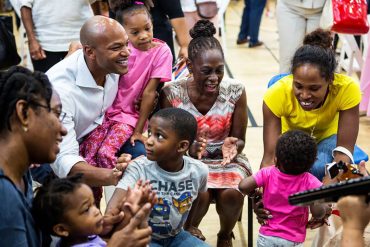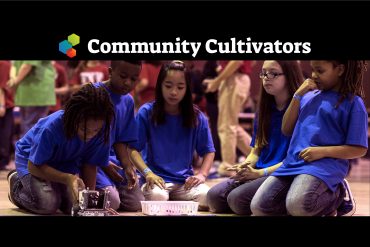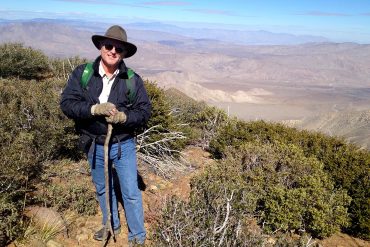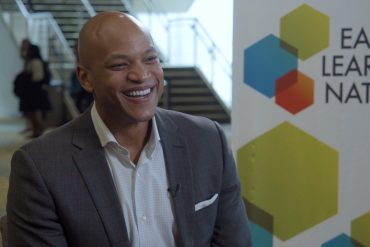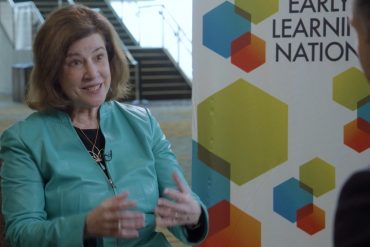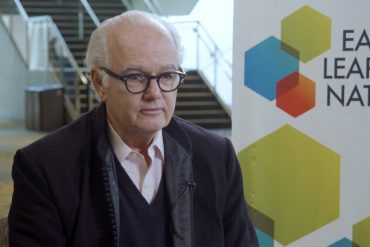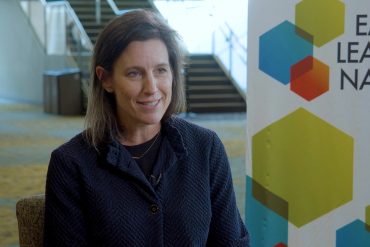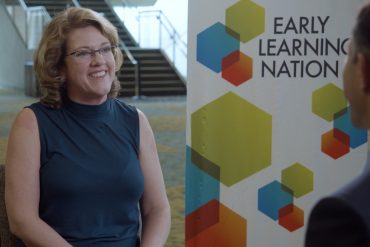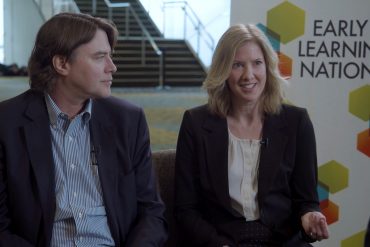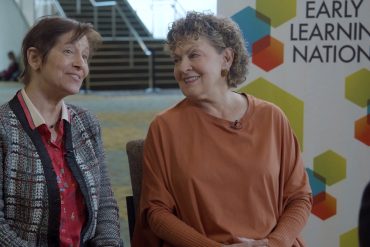Robin Hood FUELs the Future for Children
Shares Brain Science, Strategically Partners to Create an Early Learning Metropolis
The greatest city in the world. More than 100,000 children 0-3 growing up in poverty. Two facts that are painful to reconcile.
This is a job for Robin Hood. Unafraid to challenge the seemingly intractable, the grant maker and all-around poverty fighter combines rigorous data and strategic partnerships with powerhouse fundraising.
Here’s the story behind the $50 million, five-year Fund for Early Learning (FUEL) .


